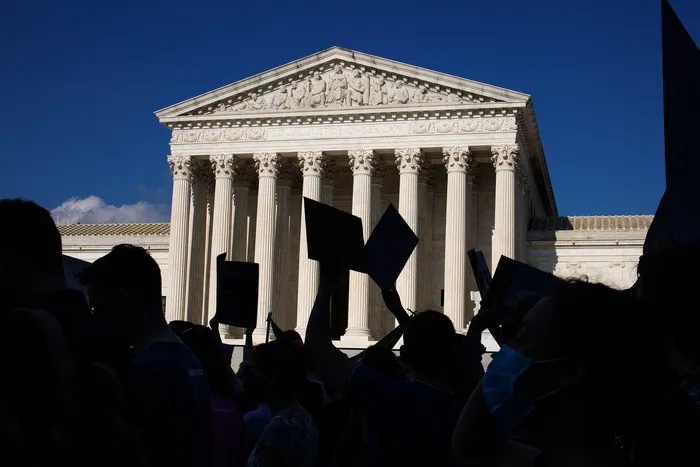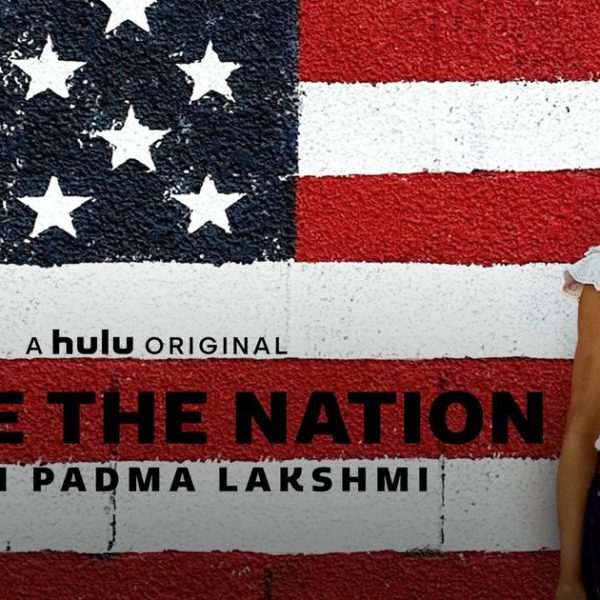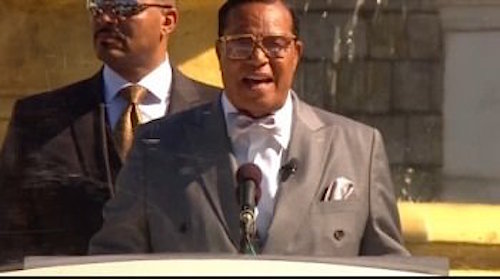Magazine, The Immigrant Experience
An Ethnic Media Services (EMS) briefing provided an overview of the potential consequences of a US Supreme Court ruling against affirmative action in college admissions. The briefing aimed to explore the impact of such a ruling on diversity in higher education and discuss alternative strategies to achieve diversity without relying on affirmative action.
Currently, the US Supreme Court is reviewing two cases challenging the use of affirmative action in college admissions at Harvard University and the University of North Carolina. With a conservative majority holding a 6-3 advantage, experts predict that the court may rule against the schools, potentially dismantling a 40-year legal precedent supporting the consideration of race in college admissions.
Affirmative action has been widely employed by educational institutions to promote diversity on campuses. Proponents argue that it is crucial for building a diverse and inclusive environment. States that have banned affirmative action, like California, have attempted other measures to increase access for minority students but have found that nothing is as effective as race-informed affirmative action.
The briefing included experts from prominent civil rights and college access organizations, such as Lisa Holder, President of the Equal Justice Society (EJS); Thomas A. Saenz, President and General Counsel of the Mexican American Legal Defense and Educational Fund (MALDEF); John C. Yang, President and Executive Director of Asian Americans Advancing Justice (AAAJ); and Michele Siqueiros, President of The Campaign for College Opportunity.
During the briefing, Lisa Holder, the President of the Equal Justice Society, provided insights on the potential impact of a negative ruling against affirmative action. She emphasized that the outcomes of the Harvard and UNC cases might not necessarily result in a complete elimination of affirmative action, as the court is required to conduct a thorough analysis before overturning decades of precedent. Holder cautioned against oversimplifying the potential ruling and encouraged preparedness and proactive measures to protect civil rights gains and preserve inclusive policies.
Holder also shared California’s experience after banning affirmative action, highlighting adverse effects on businesses and education. She stressed the importance of affirmative action as a tool to address inequalities and promote diversity in public universities. Additionally, Holder suggested exploring alternative approaches, including desegregation measures for K-12 education, eliminating standardized testing like the SAT and ACT, implementing reparations and targeted programs for black students, and even considering the expansion of the Supreme Court to maintain ideological balance within the judiciary.
The briefing also featured Thomas A. Saenz, President and General Counsel of MALDEF, who provided valuable insights on being prepared for the potential overturning of the Baki precedent by the conservative Supreme Court. Saenz debunked likely myths that may arise from the decision. Firstly, he clarified that the case solely pertains to affirmative action in education and does not extend to employment or contracting. Secondly, he refuted the notion that the decision would mandate race ignorance or blindness, emphasizing the obligation of policymakers to address racial disparities regardless of the outcome. Thirdly, he made it clear that the decision has no bearing on curriculum, debunking assertions that it would impact the inclusion of ethnic studies or critical race theory.
Saenz expressed concern about the potential misinterpretation of the decision and the spread of falsehoods by those on the extreme right. He urged attendees to be prepared for the misrepresentation of the decision’s implications, emphasizing the need to guard against these misinterpretations. Furthermore, Saenz acknowledged the uncertainty surrounding the timing of the decision, cautioning that it could be announced at any time.
John C. Yang, President and Executive Director of AAAJ, highlighted the importance of racial equity and diversity in higher education for a thriving multiracial democracy. He acknowledged the negative consequences that limiting or ending race-conscious admissions policies would have on marginalized communities, including Asian Americans. Yang emphasized the benefits of diversity for all communities, citing over two-thirds of Asian Americans supporting affirmative action. He refuted suggestions of discrimination against Asian Americans, pointing to increased enrollment at Harvard as evidence.
Michele Siqueiros, President of The Campaign for College Opportunity, echoed the importance of equal opportunity and inclusion for all communities in higher education. She emphasized the economic and moral imperative of providing greater college opportunities for marginalized students and cautioned against the chilling effect of bans on affirmative action. Siqueiros called on policymakers and higher education leaders to combat myths, examine current practices, and remove barriers to inclusivity.
In conclusion, the EMS briefing provided insights into the potential consequences of a Supreme Court ruling against affirmative action. The experts emphasized the importance of diversity, racial equity, and equal opportunity in higher education. They called for unity among different communities and advocated for exploring alternative strategies to promote equity and inclusivity in education. Regardless of the court’s decision, the struggle for equity, civil rights expansion, and multiculturalism will continue.
#AffirmativeActionBan #SupremeCourtRuling #HigherEducation #DiversityMatters #InclusionInAdmissions #CivilRights #CollegeOpportunities #EqualOpportunity #RaceInEducation #ImpactOnCampus










